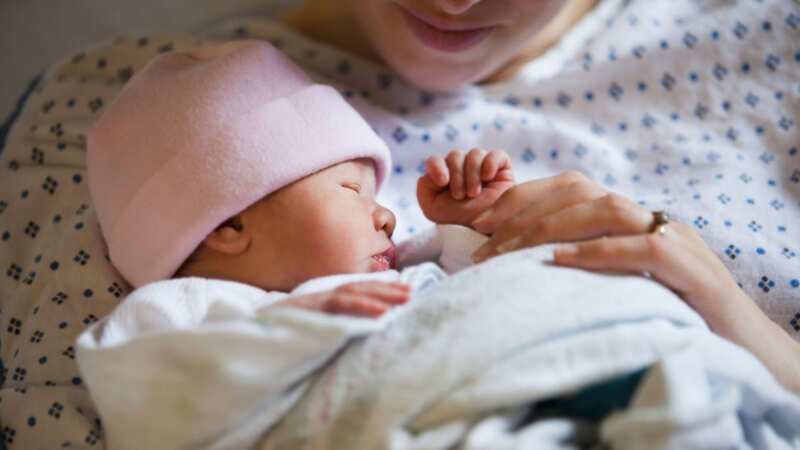

Sepsis in newborn babies used to be rare but not any more. The chances of a newborn contracting it stands at one in 200 and it’s always serious.
Thing is, the sepsis is quite often caused by a bacterium which most mums-to-be carry. It’s frightening, and it’s missed in the vast majority of cases.
The culprit is streptococcus agalactiae (known as group B streptococcus or GBS), and is present not only in the genital tract of around one in five women, but Cambridge researchers have also identified GBS in the placenta of around one in 20 women prior to labour onset.
The saddest thing is it can easily be treated with antibiotics but, unless screened, women won’t know they’re carriers.
In newborn babies, GBS can be a life-threatening reaction to an infection which, worldwide, causes around 100,000 infant deaths per year and 50,000 stillbirths.
 Greggs, Costa & Pret coffees have 'huge differences in caffeine', says report
Greggs, Costa & Pret coffees have 'huge differences in caffeine', says report
The Cambridge team looked at the link between GBS in the placenta and the baby’s risk of needing admission to hospital and a neonatal unit. They estimate placental GBS is associated with a two- to three-fold increased risk of neonatal admission, with one in 200 babies admitted with sepsis, almost 10 times the previous estimate. Current diagnostic testing identifies GBS in less than one in five of these cases.
The problem is while women who test positive for GBS are treated with antibiotics, only a minority of pregnant women get tested for it because we only test women with complications or other risk factors. All other women escape screening. How can this be?
Dr Francesca Gaccioli, from the Department of Obstetrics and Gynaecology at Cambridge University, says: “In the UK, we’ve not traditionally screened mothers for GBS, but our findings – that significantly more newborns are admitted to the neonatal unit as a result of GBS-related sepsis than was previously thought – profoundly changes the risk/benefit balance of universal screening.”
To improve detection, the researchers have developed an ultrasensitive PCR test to check for the presence of GBS.
Professor Gordon Smith of Cambridge University adds: “Using this new test, we now realise that the clinically detected cases of GBS may represent the tip of the iceberg of complications arising from this infection. We hope the ultra-sensitive test developed by our team might lead to viable point-of-care testing to inform immediate neonatal care.”
But there’s another important factor. Analysis of blood from the babies’ umbilical cords showed over a third had greatly increased levels of cytokines suggesting a “cytokine storm”, an extreme immune response, causing collateral damage and increasing the risk of disease.